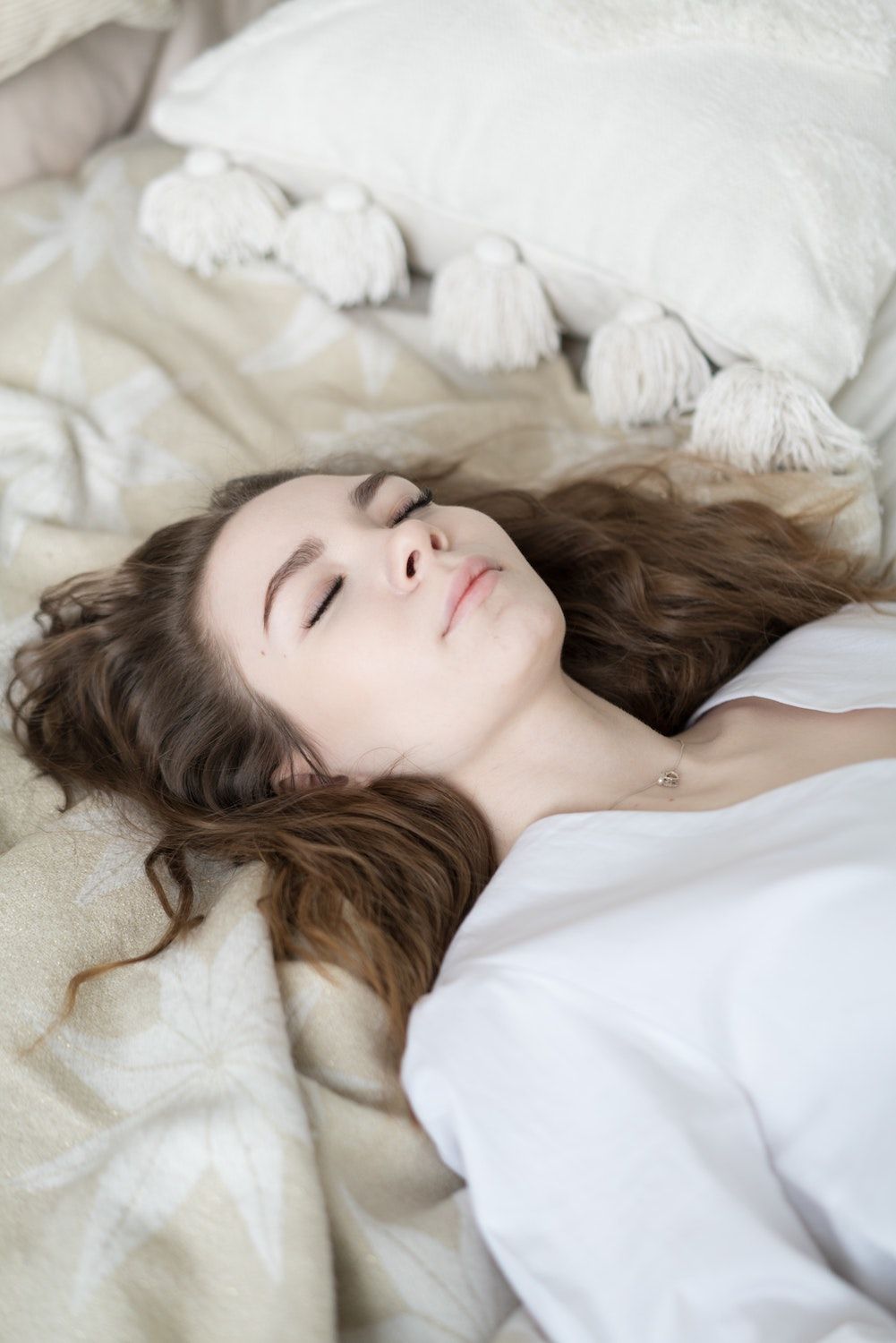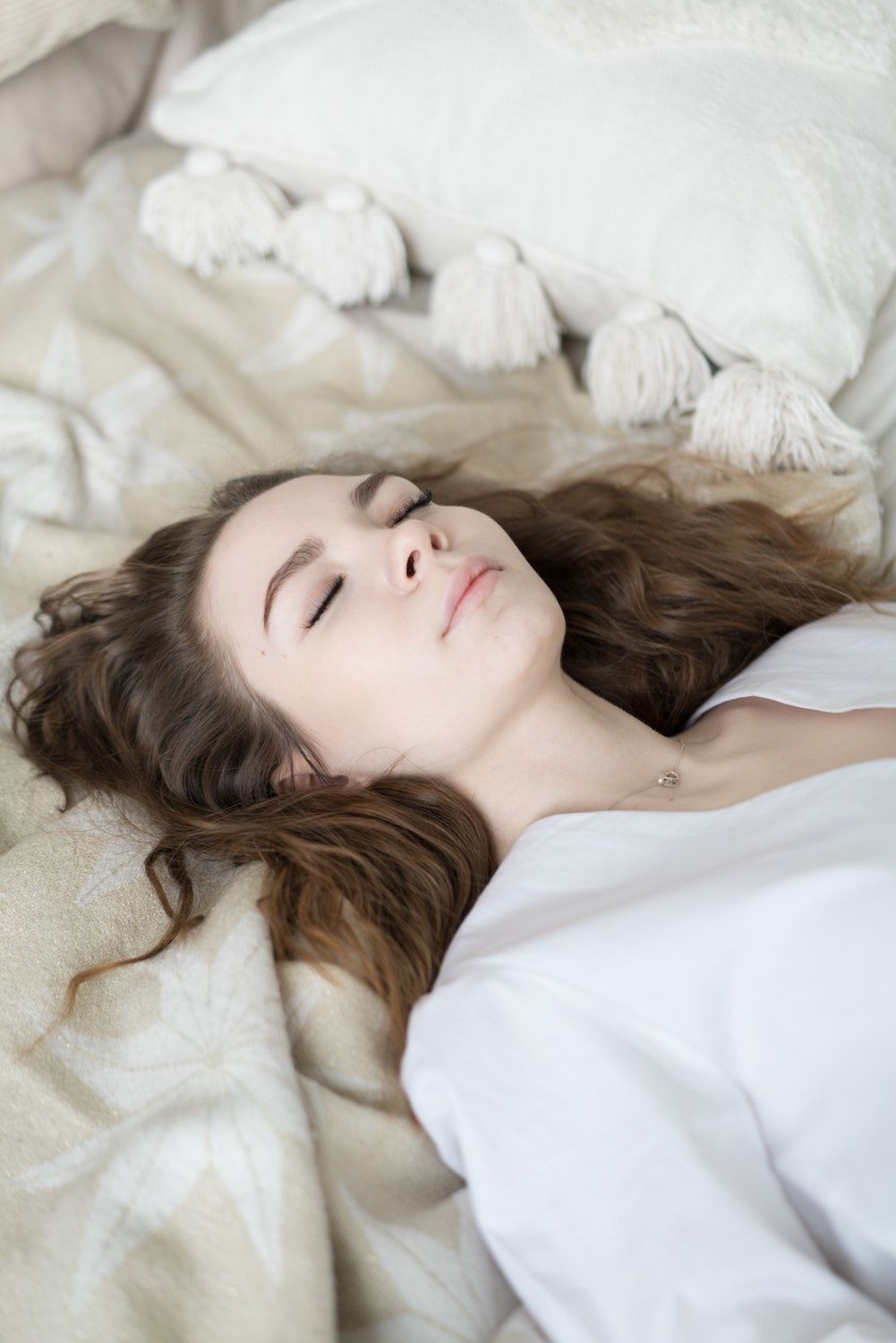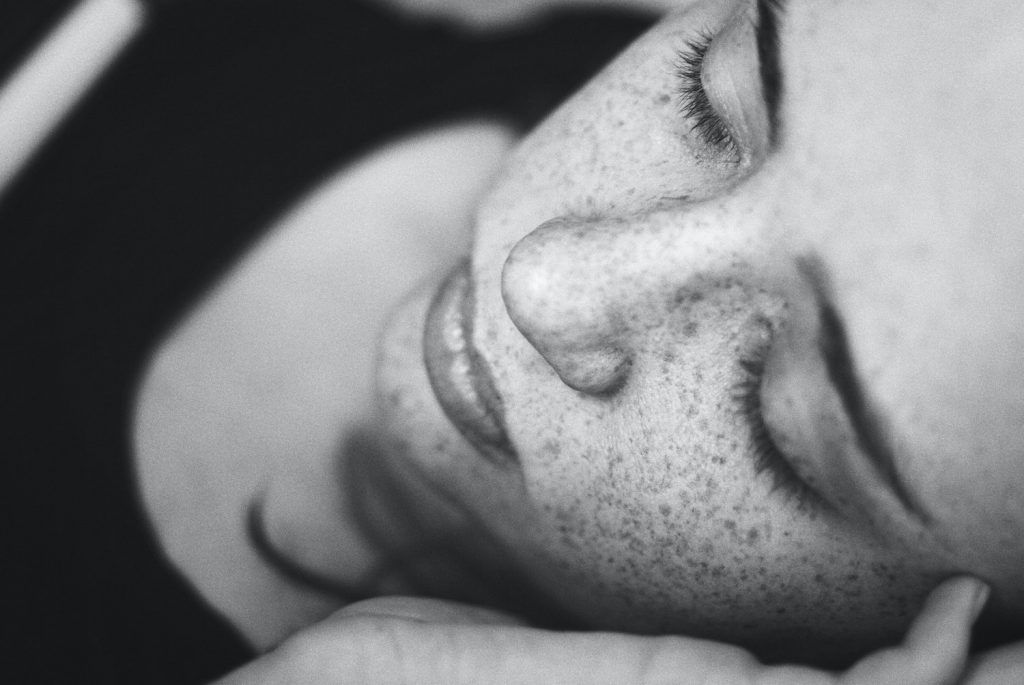

The ramifications of sleep deprivation offer strong support to the view that sleep doesn’t have just one biological purpose but in fact, through its complexity, is an important contributor to the proper functioning of nearly all of the systems of the body. Prestige takes a closer look at the science behind – and the importance of – shut-eye.
While it feels like a luxury, we spend roughly one-third of our lives sleeping, and it’s an important part of our daily routine for mental and physical wellness. Quality of sleep, the optimum duration of sleep, and sleeping at the right time are as essential to our survival as food and water; it affects our brain function, metabolism, immunity, heart, lungs, muscles, and mood. And while for some it is a peaceful, positive, and even reconstructive part of our day, it eludes many others – with one in three Thais reporting a lack of sleep, and 19 million Thais experiencing sleep disruption, known by the medical term of ‘insomnia’. So how do we improve our sleep, and in turn our quality of life?
Despite everyone needing sleep, the reason for its evolution is unknown. What we do know is that without it, our bodies are unable to operate. Research has shown that people who suffer from chronic sleep disturbance are more prone to diabetes, cardiovascular disease, high blood pressure, obesity, and depression. Until relatively recently sleep was thought of as passive, a period of time we lay dormant or unconscious until it was time to awake again. However, studies starting in the 1970s showed that our brains are remarkably very active.
In order to get a good night’s sleep, it is firstly important to understand the mechanisms behind it. The human body is a fastidiously engineered – and highly complicated – system and even during rest, it is hard at work to ensure our continuation in life upon awakening. An intricately balanced cocktail of hormones and neurotransmitters – chemicals that communicate between nerve cells – are released to send signals to different parts of the brain that control drowsiness and arousal.
Two distinct systems, the circadian rhythm and homeostasis, work symbiotically to govern your sleep. The circadian rhythm – also known as your biological clock – tells you when you will sleep and awaken based on environmental cues such as light and temperature. It is based roughly on a 24-hour clock and instructs your body to release neurotransmitters and hormones such as melatonin at night. Meanwhile, homeostasis dictates your need for sleep and its intensity – the longer you’re awake, the more deeply you’ll sleep.
There are two types of sleep: rapid eye movement (REM) and non-rapid eye movement (non-REM), which are related to neuronal and brainwave activities. In a typical sleep period, you will transition through four different stages of sleep.
As you start to doze off, you enter stage one non-REM, a light, short sleep that lasts a few minutes and which is characterised by muscle relaxation and twitching, a slower heart rate, breathing, and eye movements. Your brain waves start to ease from their daytime patterns as you prepare for the next stage.
You spend at least half of your sleeping time in repeated cycles of stage two non-REM. At this stage, your heartbeat and breathing slow further and your muscles relax more, while your body temperature drops and eye movements completely stop. Your brain wave activity continues to lessen but there are still small bursts of electrical activity.
Stage 3 non-REM occurs during the first half of the night and is the deep sleep that makes you feel refreshed in the morning. This is the most relaxed your body is; heart rate and breathing levels are at their lowest and brain waves are identified by a unique pattern called ‘delta waves’.

After the third stage comes REM sleep, usually 90 minutes after you first fall asleep. It is marked by fast side-to-side eye movement behind your eyelids. Your brain waves become mixed in frequency, more like when you’re awake. Your arm and leg muscles become paralysed, and you tend to dream during this period. Your breathing and heartbeat also become fast and irregular and increase to a rate more like wakefulness.
When the stages of sleep are disturbed regularly it can drastically affect our health, our emotions, and our appearance. Insomnia is an issue that has affected most people in their lives at some point, we regularly traverse the globe and temporary jet lag is one of the less desirable effects of crossing timezones, but some suffer it chronically. There are many factors – physical, mental, medical and environmental – that can cause disruptions and also specific sleep disorders, for example sleep apnea, that directly prevent sleep or affect sleep quality. While some will require medical intervention, like those with illnesses such as an overactive thyroid gland or severe depression, or people on certain medications, there are science-backed strategies to help those with insomnia.
Firstly, clean up your sleep hygiene by improving your sleeping environment, as suggested by the Sleep Society of Thailand. Tossing and turning, staring at your phone, watching the clock turn later and later, calculating how much sleep you’ll get before the alarm goes off – sound familiar? Blue lights from phones, laptops and digital devices can prevent us from releasing melatonin, meaning our bodies don’t know when to fall asleep. Remove TVs, stop looking at your digital devices an hour before bedtime, and keep your room dark with blackout curtains to eliminate light pollution. The optimum room temperature is around 18 degrees Celsius, but you can adapt it to what works best for you, and if you are a light sleeper invest in some good earplugs and a white noise machine to drown out city sounds.
Next, work on your scheduling. If you’re a coffee-lover, a daily morning ritual for many, try to limit your caffeine and don’t drink it any later than noon. Alcohol can also ruin plans for a good night’s sleep, so if you do enjoy a hearty Burgundy or smokey Scotch with your dinner and wish to imbibe, ensure that it’s a few hours before your bedtime. Be sure to exercise, as many studies have shown that incorporating physical activity reduces sleep onset, meaning it’ll take you less time to fall asleep. Finally, try to head to bed at the same time every day; turn it into a pleasurable experience with silk pyjamas and pillows and a soothing body lotion (Byredo makes beautifully aromatised moisturisers).
If you still find that you’re not able to nod off, there are some sensorial tools to soothe your mind and body for slumber. Mindfulness and meditation practice has long been hailed as a marvel to calm the mind and allow us to focus on the present. This is particularly useful for those with anxiety or depression and there are apps, such as Calm, available that can guide you through the process to the sounds of beach waves or tropical rain. Aromatherapy is another method offering insomnia relief and a spritz of lavender, chamomile and neroli blend has been shown to improve sleep.
Having tried everything and you’re still unable to sleep, it could be an indicator of another issue such as sleep apnea, hormone imbalances, or nervous disorders. Consult with medical professionals at a sleep clinic such as the Sleep Disorder Centre at Bumrungrad International Hospital in Bangkok, where a team of specialist doctors can evaluate your sleep and what could be causing your insomnia.
Rest assured that there are a plethora of options to support your repose. So, tonight, slip into your 600-thread-count Egyptian cotton sheets, allow your eyelids to get heavy, and drift away knowing you will awaken to a healthier, happier future.
This story first appeared on PrestigeOnline Thailand
The post The science of sleep: Why it matters appeared first on Prestige Online – Singapore.

